
Reporting by William Zhang
The 2nd day of Jiwei Semiconductor Summit 2021 (JWSS) concluded on June 26 in Xiamen of Fujian Province in south-eastern China with many industry leaders and experts calling on Chinese industry professionals to go down to earth in developing China's indigenous IC products and technologies, stay in cooperation with the world, and reject impetuous mindset. They also predicted that the current heat in China's semiconductor investment would continue in the next three to five years, with more mergers and acquisitions to emerge in China's A-share stock market as happened in the international development course.
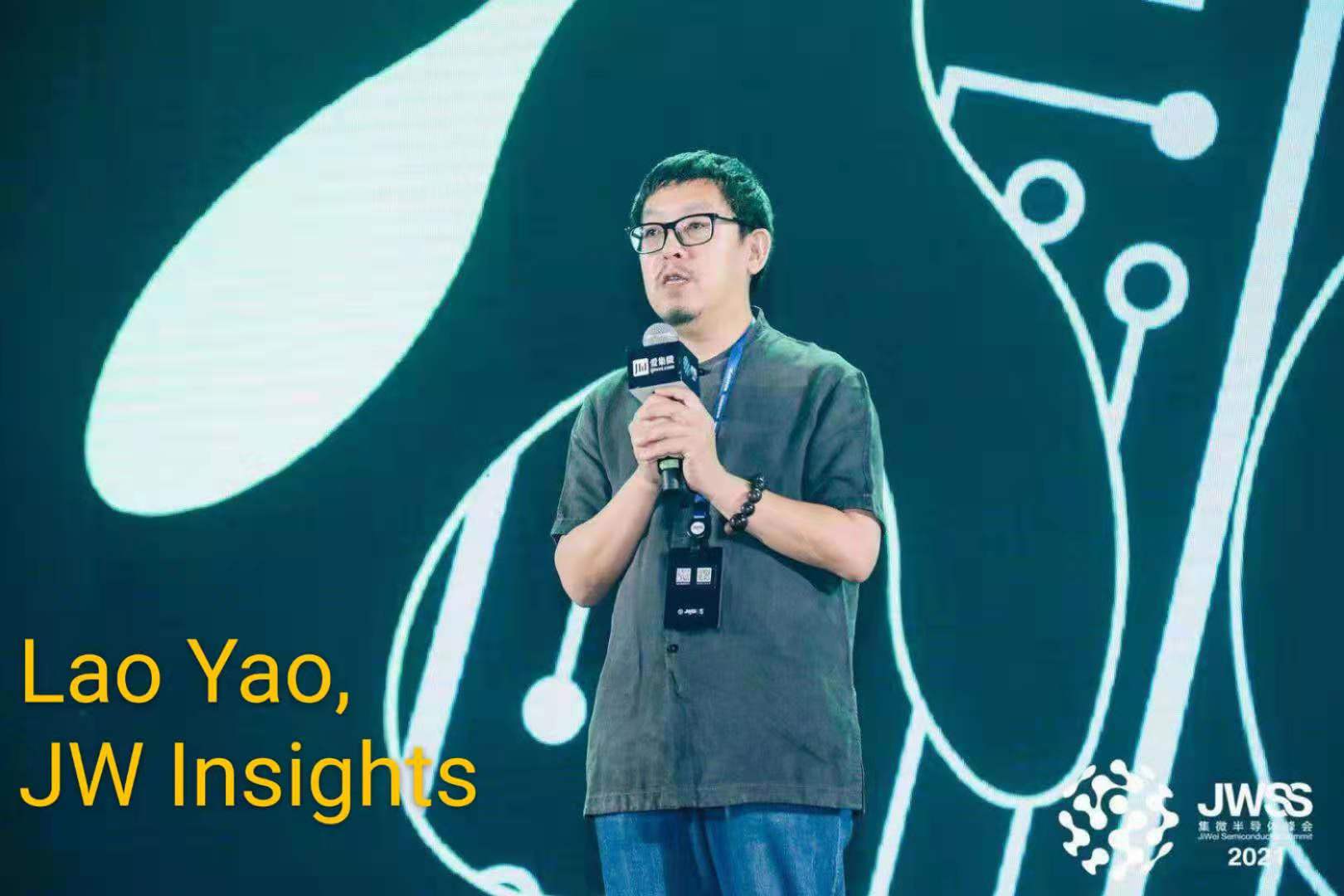
Lao Yao, the founder and chairman of JW Insights, said in his opening remarks to the General Summit: "Tough China and the U.S. are decoupling, China's semiconductor industry should still fit in with the world. We should not just rely on domestic resources in developing our industry. We should go international".
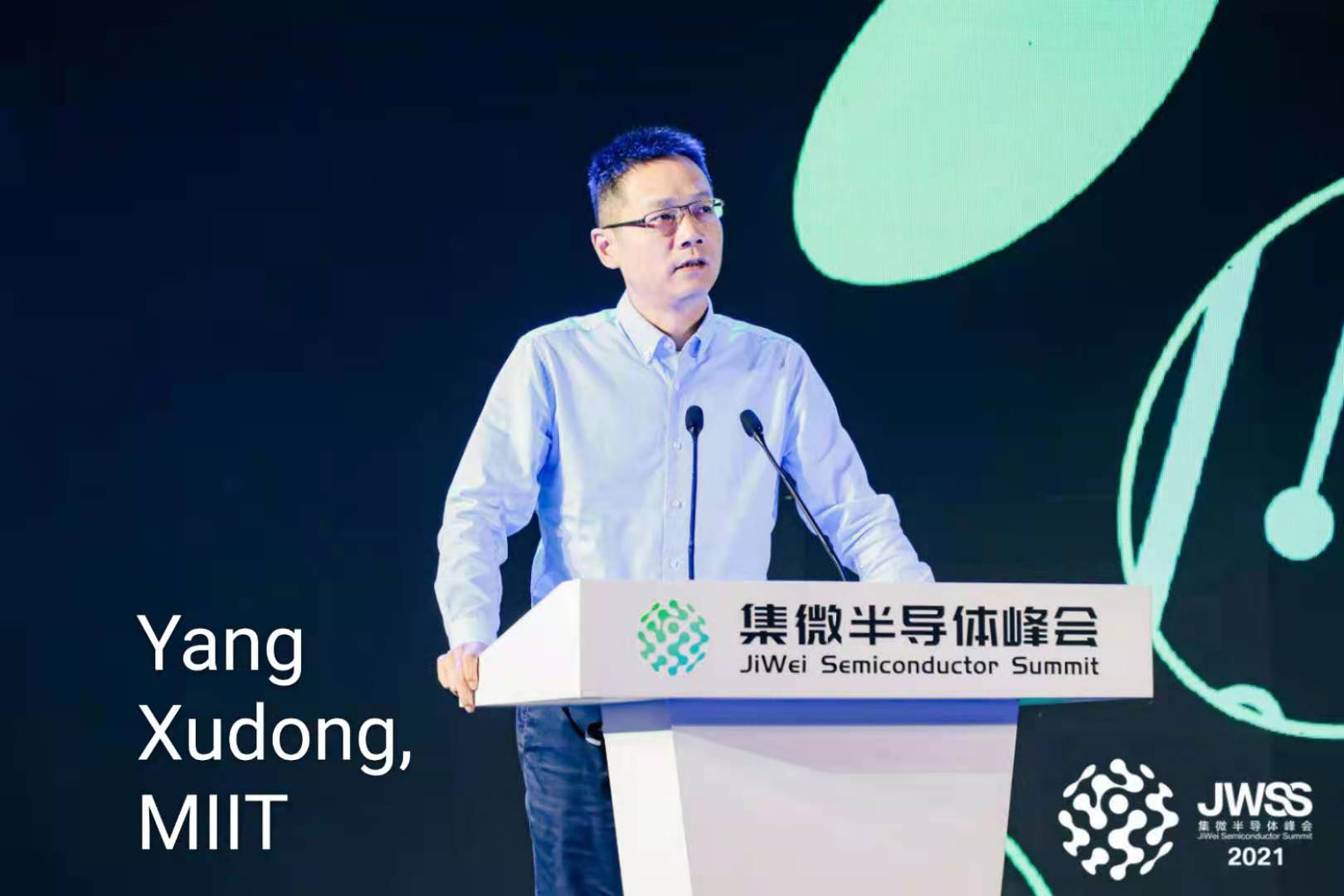
Yang Xudong, the Deputy Director of the Ministry of Industry & Information Technology (MIIT), pointed out in his address that the semiconductor industry is destined to be a globally circulated industry. "We should join the global circulation and make a contribution to it. China's semiconductor industry is in a state of climbing the hill with many difficulties and challenges. In facing them, we cannot always try to think of changing the track to bypass others, or do corner overtaking, "he added. More and more areas depend on computing power, relying on IC. So IC is an unconventional industry that will take unconventional approaches and resources to develop in China, he emphasized.
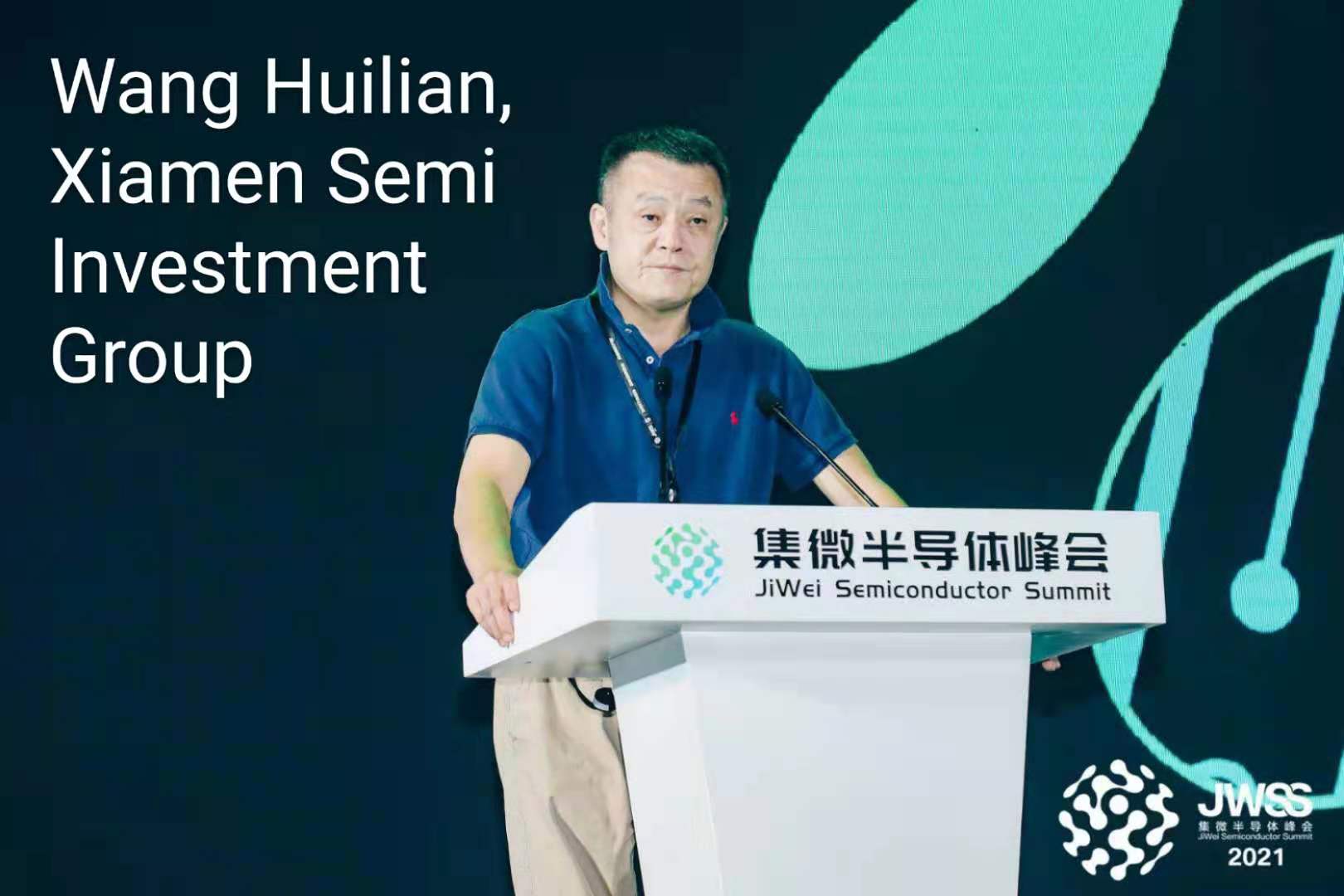
Wang Huilian, general manager of Xiamen Semiconductor Investment Group, said China's semiconductor industry faces "a grave situation" of being hit by both the sanctions from the U.S. and shortages of products and production capacity." On the other hand, the U.S. and Western countries have gone through hundreds of years of accumulation in building up their strong industries. China has no choice but to catch up. "But the previous approach of following-up and copying has come to an end. He said, "The old understanding, path, and experiences are no longer suitable for today's international competition and environment." He called for a deep study and review of strategy, approach, and encouraging innovation.
The Investment Forum focused on the "investment heat phenomenon" in China's semiconductor industry, which started in 2014 when the government launched the RMB139 billion ($21.3 billion) investment funds. The unofficial figure shows that some 20,000 companies joined the country's semiconductor business last year alone. The number of listed semiconductor companies went up from 31 last summer to over 50 now, with many being overvalued. Many speakers were against speculating and fickleness but felt the heat benefited the industry, with the bubbles still tolerable.
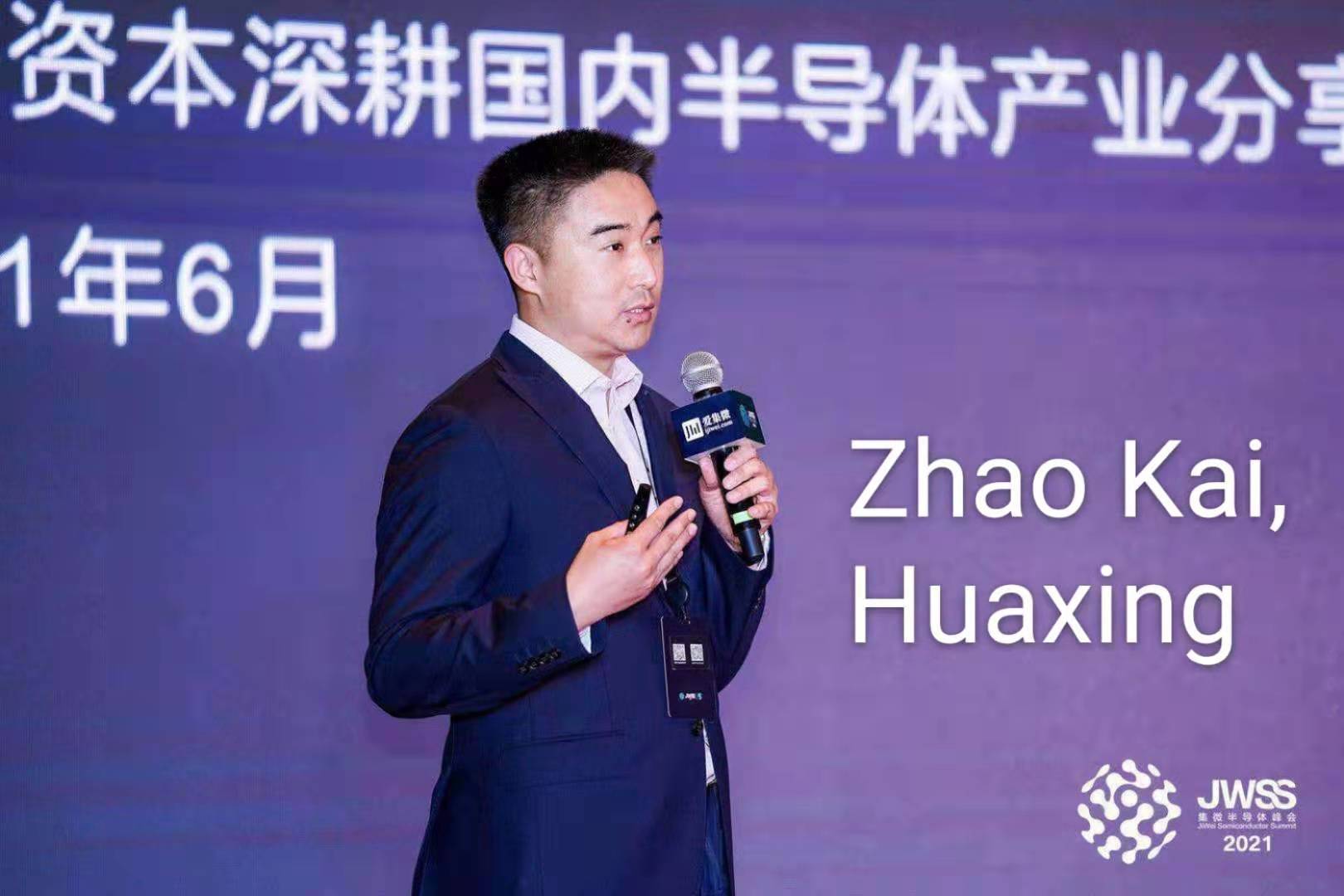
Zhao Kai, a senior executive from Huaxing - a leading Chinese securities firm with a big portfolio in the semiconductor industry, said," The current semiconductor investment heat is expected to last three to five years. But we must stay on alert to the result." He appealed to investment institutions to give capital to far-sighted and persistent entrepreneurs with strategic determination. "The industry and investors are working closely. Consolidation among A-share listed semiconductor companies will start soon," he added.
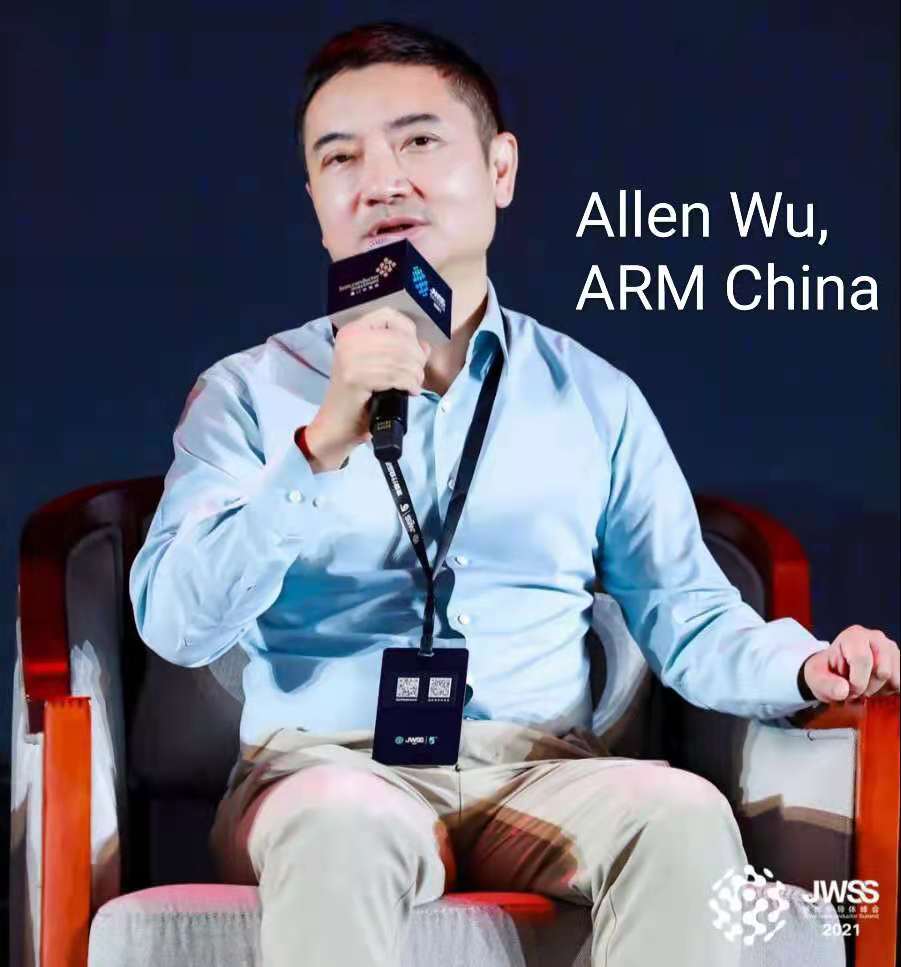
In a panel discussion by multinational company executives under the theme of “Global semiconductor cooperation and competition,” Allen Wu, ARM China CEO, said, “ARM China will continue to provide IP and core technology services to Chinese partners, and build an effective ecosystem with them for win-win progress.” He also shared that ARM China has enabled over 200 local Chinese companies to produce their more than 20 billion chips – a 200 times increase of business in China for ARM over the last decade or so.
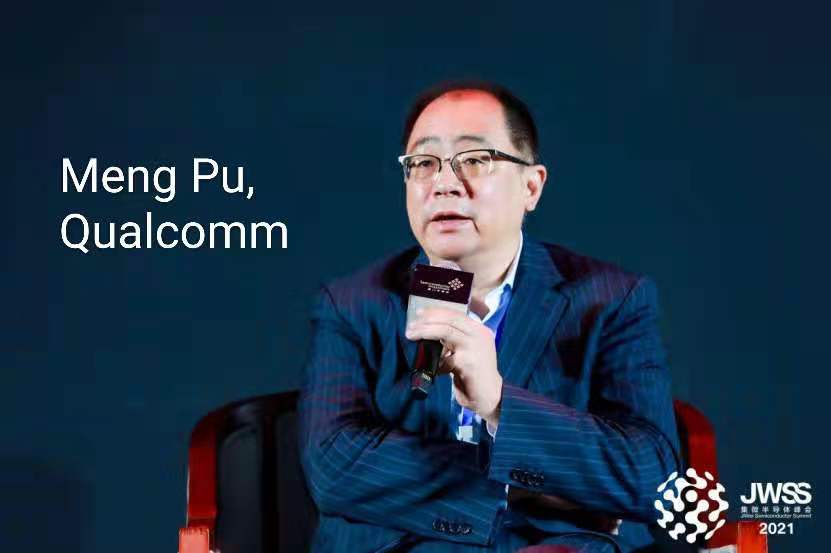
In response to more talks of creating IDM in China and dealing with IC shortage, Meng Pu, Chairman of Qualcomm China, said, "It is likely that more companies will think of building their own fabs and packaging facilities to deal with shortages and potential geopolitical changes. But the current shortage in the supply chain will pass soon and there is no strong demand for it. From an investment perspective, it is a good thing to see more capital going to manufacturing. " With more competition from local Chinese companies doing mobile telecom and computing, Meng said, "Qualcomm will produce the best products for our clients and think about how to support them globally.”
In the High-end IC Forum, Han Xiaomin, General Manager of JW Insights Consulting Division, analyzed China’s application markets for high-end ICs. He said that China is still weak in high-end IC, but three types of markets are driving domestic substitutes and investment. 1st is a new generation of e-commerce companies with new needs. for high-end IC; the 2nd is the car-hailing app companies Didi and Kuaidi with their need for chips to go into cars and datacenters; the 3rd is autonomous driving.
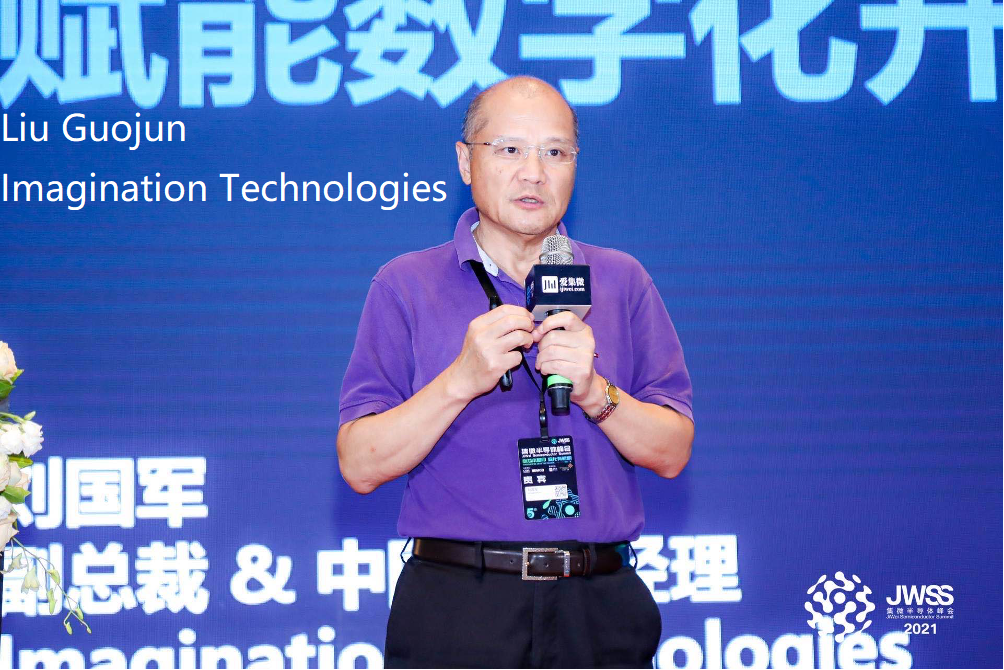
Liu Guojun, VP and China GM of Imagination, said that most Chinese enterprises are still in the early stages of digital transformation with over 10% combining AI with their primary businesses. Apart from the embedded market of mobile phones and vehicles, Imagination will focus on desktop and datacenter markets in China, Liu said.
In the EDA/IP Forum, the multinational company speakers are Xu Wei, Deputy GM of Synopsys China, Danny Perng, Asia Pacific President of Siemens EDA, Zhang Xia, Senior strategy advisor of Amazon Cloud, sharing their viewpoints.
Yang Yan, Product Planning Director from X-EPIC(芯华章) – an EDA startup in Nanjing of Jiangsu Province in eastern China, talked about its EDA 2.0 vision and product of being more open, intelligent, and cloud-based. The founder of X-EPIC is Wang Libing, former Deputy General Manager of Synopsys in China. Established in March 2020, the company has completed an A and pre-B round of funding, totaling more than RMB 1.2 billion ($185 million). There was also Wang Luye, General Manager of Shenzhen based UCTECHIP (优矽科技) updating the company’s RISC-V development and products.
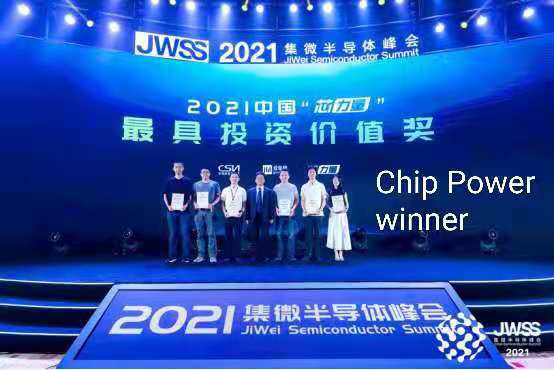
The final winners from the "Chip Power 2021" demo competition were also announced at an award ceremony. See the report for the event.
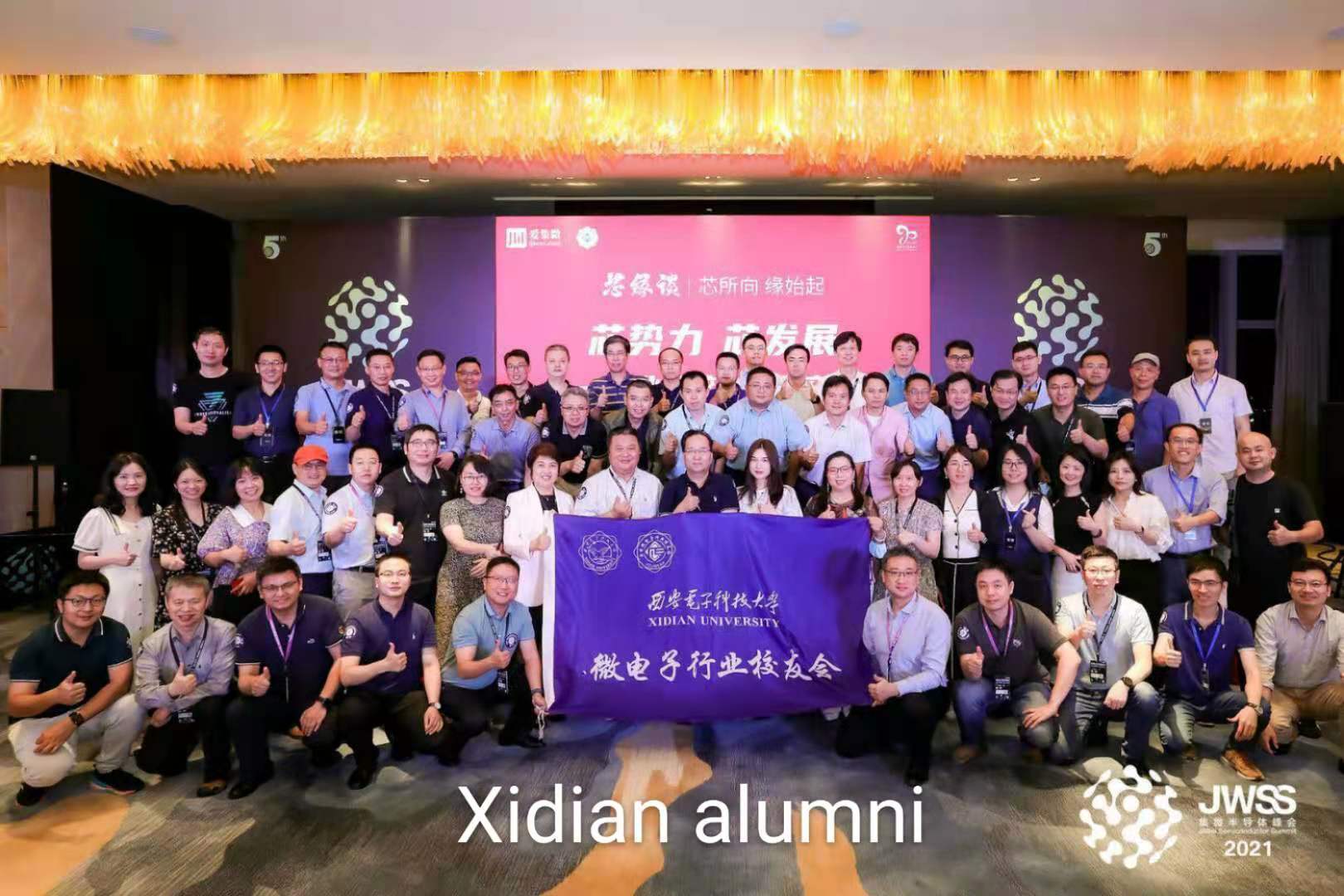
The climax of the 2nd day of the 5th JWSS came when hundreds of alumni of entrepreneurs and investors from eleven major universities with microelectronics studies in China gathered each in their own dining halls for more intimate encounters over panel discussions, banqueting, and group photo taking. These alumni are from Tsinghua University, Peking University, Beihang University in Beijing, Fudan University and Shanghai Jiaotong University in Shanghai, Zhejiang University in Hangzhou, China University of Science and Technology in Hefei, Southeast University in Nanjing, Wuhan University in Wuhan, University of Electronics Science & Technology of China in Chengdu, and Xidian University in Xi'an, which also celebrated its 90th anniversary at its event.
Over 1,400 delegates attended the two-day event, a record number, though the comeback of new COVID-19 cases in Shenzhen affected the number of approved attendants.
RELATED
-
Alumni of leading Chinese university USTC call for down-to-earth efforts in seeking technology breakthroughs
06-16 14:31 -
Chinese leading semiconductor investors encourage progressive and cautious attitude in greeting a new M&A period
06-14 15:17 -
China Semiconductor Investment Alliance Member Conference elects new director general and calls for more collaboration among universities and enterprises
06-13 14:43
READ MOST

No Data Yet~







